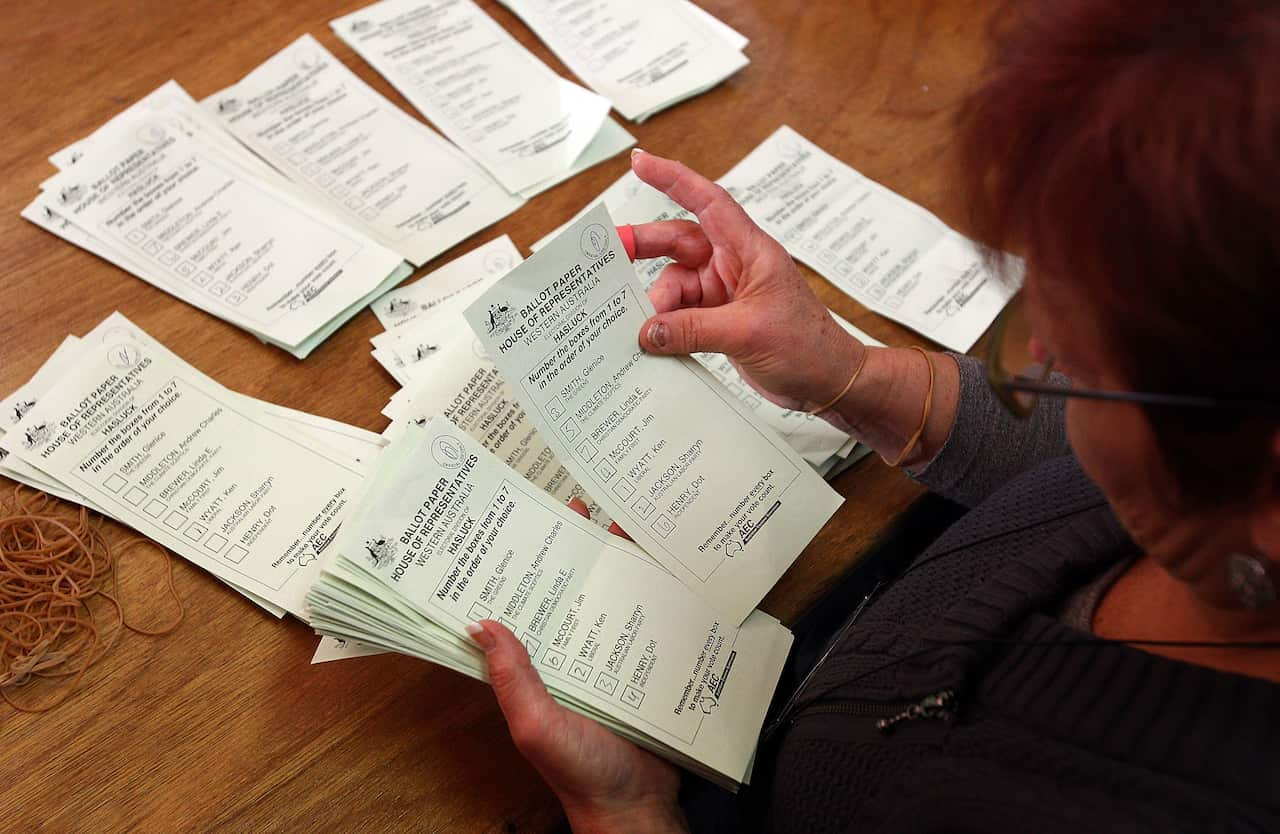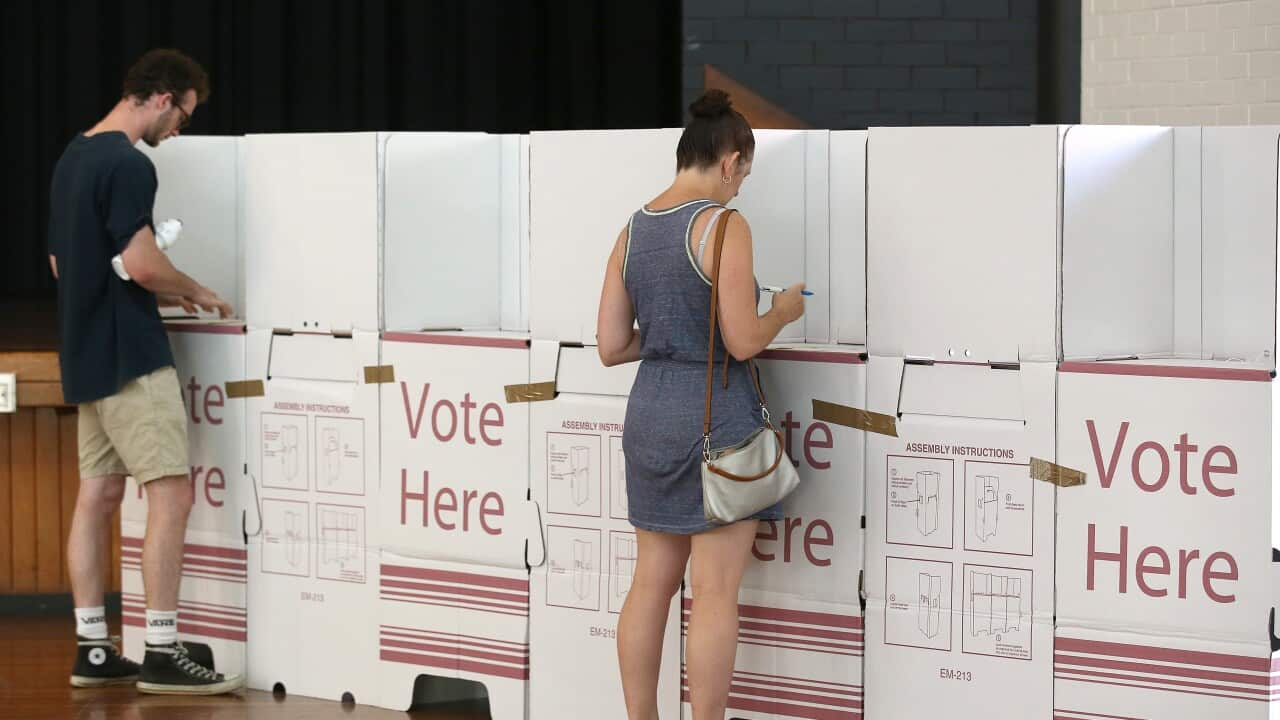If you’re an Australian citizen aged 18 or over, you are – by law – required to cast your vote at the upcoming federal election.
However, you need to be registered with the Australian Electoral Commission (AEC). And if you’re not, the deadline for that is mere hours away.
Here’s a step-by-step guide to the 2022 Australian federal election and the key dates you should keep in mind.
Register to vote: 8pm, Monday 18 April
On 10 April, Prime Minister Scott Morrison visited Government House in Canberra to request Governor-General David Hurley to dissolve parliament. Hours later the prime minister announced the next federal election will be held on 21 May.
The announcement set in stone a few key events, starting with the issue of writs, which took place on 11 April.
The next key date in the federal election calendar is today.
It is mandatory for Australian citizens aged 18 or more to cast their votes. If you’re not already registered to vote, visit the AEC website to register before 8pm today (Monday 18 April).
If you are already enrolled but need to update your name or address, visit this link to update your details online.
Declaration of nominations: 12pm, Friday 22 April
Anyone intending to stand for parliament must lodge their nominations by 12pm on Thursday 21 April.
Twenty-four hours after the nominations have been lodged, the AEC publicly announces the nominations. This year, the declaration of the nominations will take place at 12pm on Friday 22 April.
Start of early voting: Monday 9 May
According to AEC spokesperson Evan Ekin-Smyth, there are a number of reasons one may choose to vote early.
“You might be working on election day, you might have a long-held medical appointment,” Mr Ekin-Smith told SBS News.
“I know people have been due to go into labour on election day. Those are the sorts of circumstances people will need to assess.”
A reasonable fear for your safety is another reason to vote early, which includes a fear of contracting COVID-19.
For the full list of reasons you may qualify to vote early, visit this link on the AEC website.
More than 500 early voting centres will be established around Australia, according to the AEC, with early voters having the option to visit them from Monday 9 May.
A list of early voting centres will be available on the AEC website after candidates have been declared.
Close of postal vote applications: Wednesday 18 May
There are a number of reasons why you can’t visit a polling place on 21 May. For the full list, visit this page on the AEC website.
If one of those reasons apply to you, limiting your ability to visit a polling place on 21 May, postal voting is an option.

Visit this page on the AEC website to apply for postal voting. The deadline to apply for postal voting is the Wednesday before the election. In this case, Wednesday 18 May.
Election day: Saturday 21 May
Polling will occur in all designated polling places from 8am to 6pm local time on Saturday 21 May. Polling closes at 6pm sharp local time, but any voters in the queue at that time are able to cast their vote.
The counting of votes will begin in each polling place immediately after the poll closes at 6pm local time on Saturday 21 May. The counting of House of Representatives ordinary votes taken at pre-poll voting centres also commences after 6pm on election day.
Last day to receive postal votes: Friday 3 June
All postal votes must be received no later than 13 days after election day, or – in this instance – by Friday 3 June.
Postal votes are only included in the count if they were cast before 6pm on election day and are received within 13 days after the close of the poll.
When will we know the outcome?
If it's a landslide victory, we'll know the result of the election within hours of the polling booths closing.
But if the election comes down to a handful of marginal seats, the postal vote count means there may not be an immediate result, and it may take days, or even weeks.
“We might have to wait the full 13 days for those postal votes to get back to us, for any close seats to be decided,” Mr Ekin-Smith said.

